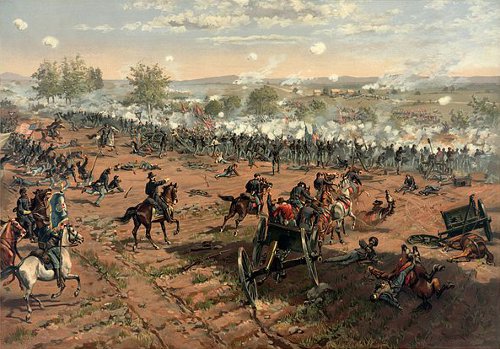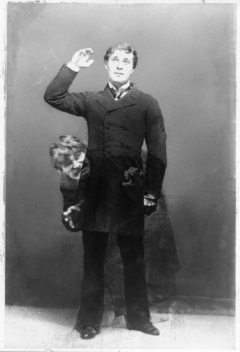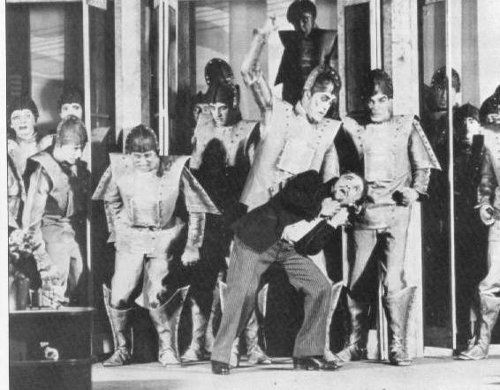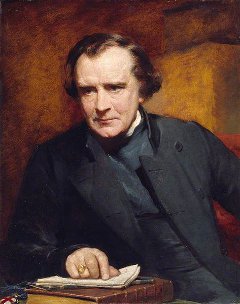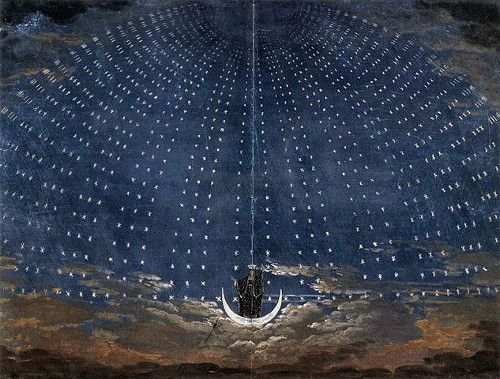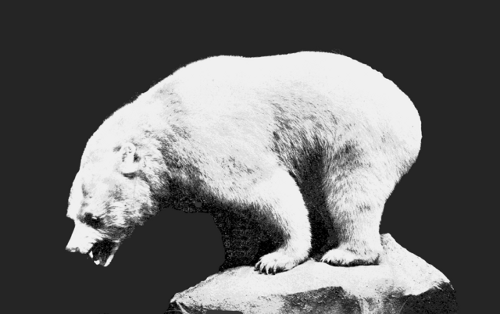
Apropos of Eskimo, I once heard a missionary describe the extraordinary difficulty he had found in translating the Bible into Eskimo. It was useless to talk of corn or wine to a people who did not know even what they meant, so he had to use equivalents within their powers of comprehension. Thus in the Eskimo version of the Scriptures the miracle of Cana of Galilee is described as turning the water into blubber; the 8th verse of the 5th chapter of the First Epistle of St. Peter ran: ‘Your adversary the devil, as a roaring Polar bear walketh about, seeking whom he may devour.’ In the same way ‘A land flowing with milk and honey’ became ‘A land flowing with whale’s blubber,’ and throughout the New Testament the words ‘Lamb of God’ had to be translated ‘little Seal of God,’ as the nearest possible equivalent. The missionary added that his converts had the lowest opinion of Jonah for not having utilised his exceptional opportunities by killing and eating the whale.
— Lord Frederic Hamiliton, The Days Before Yesterday, 1920

